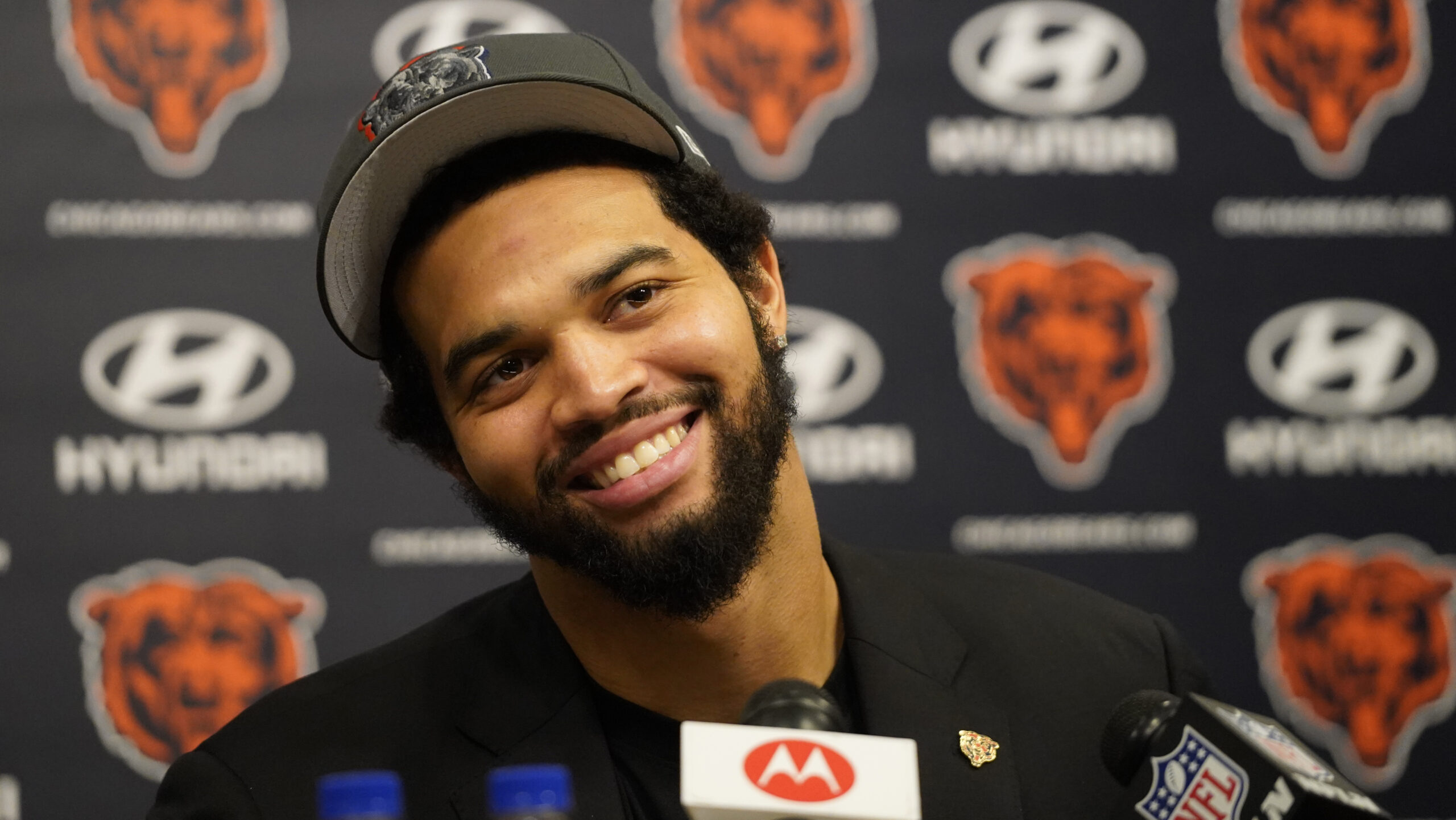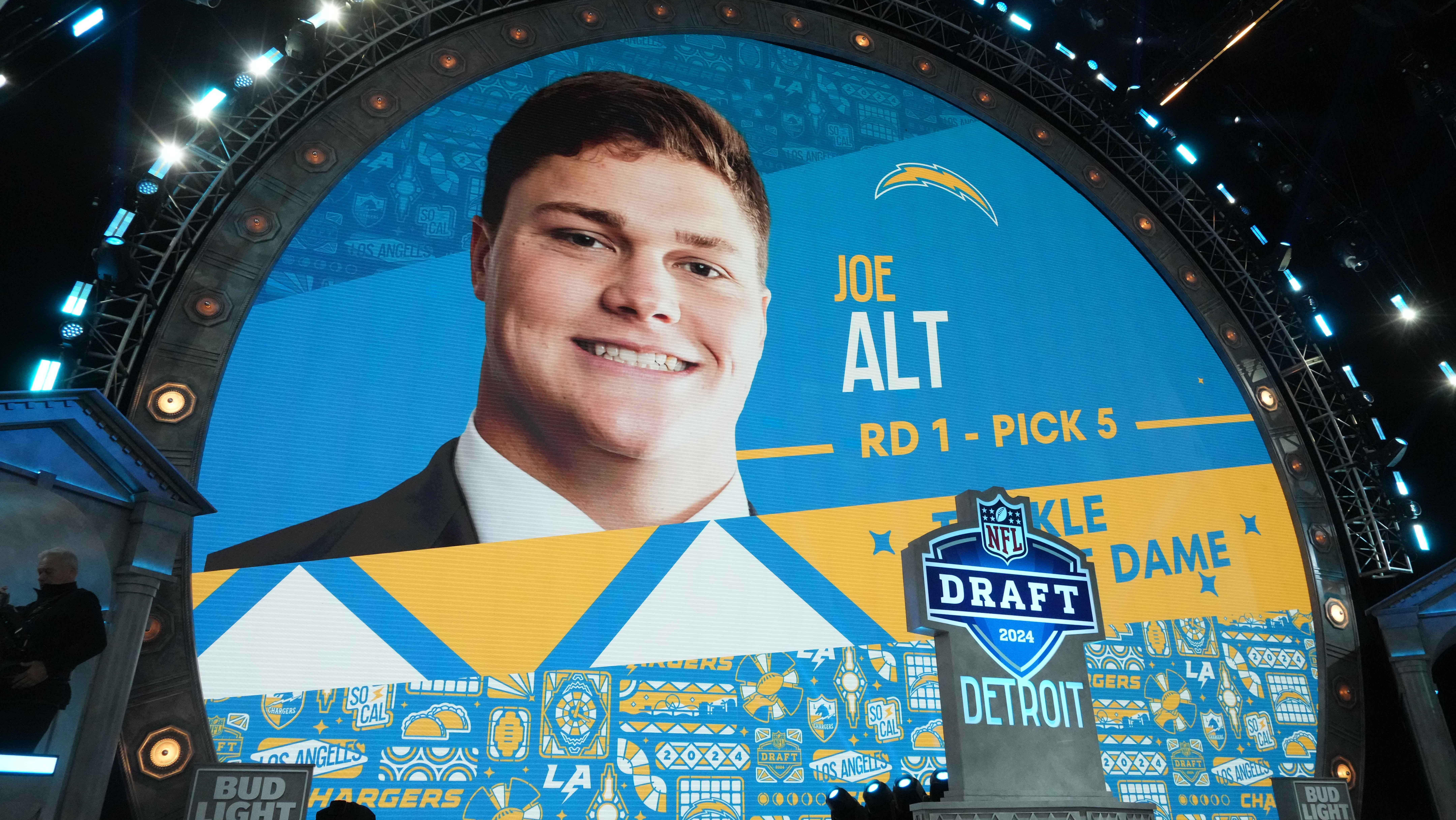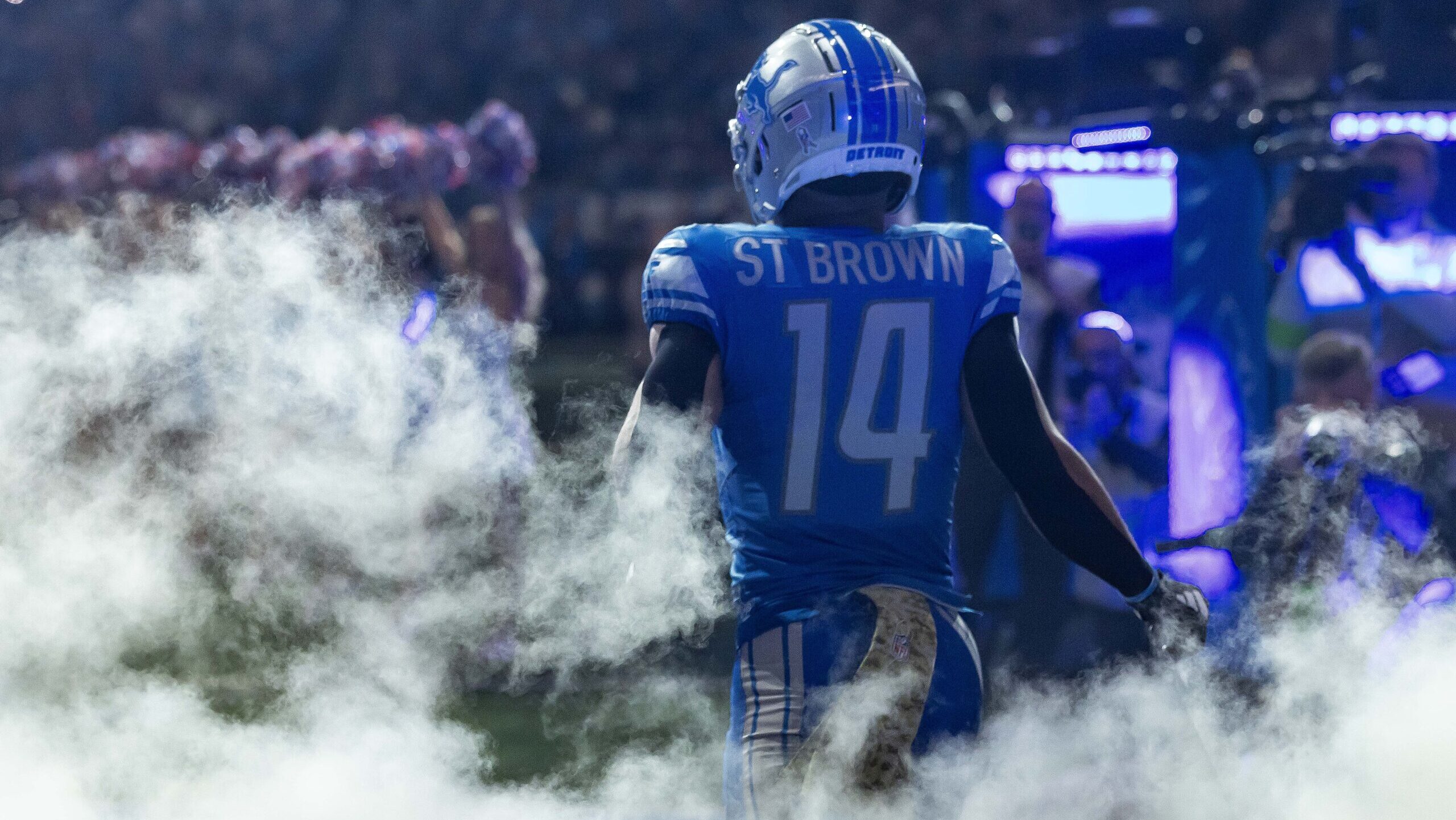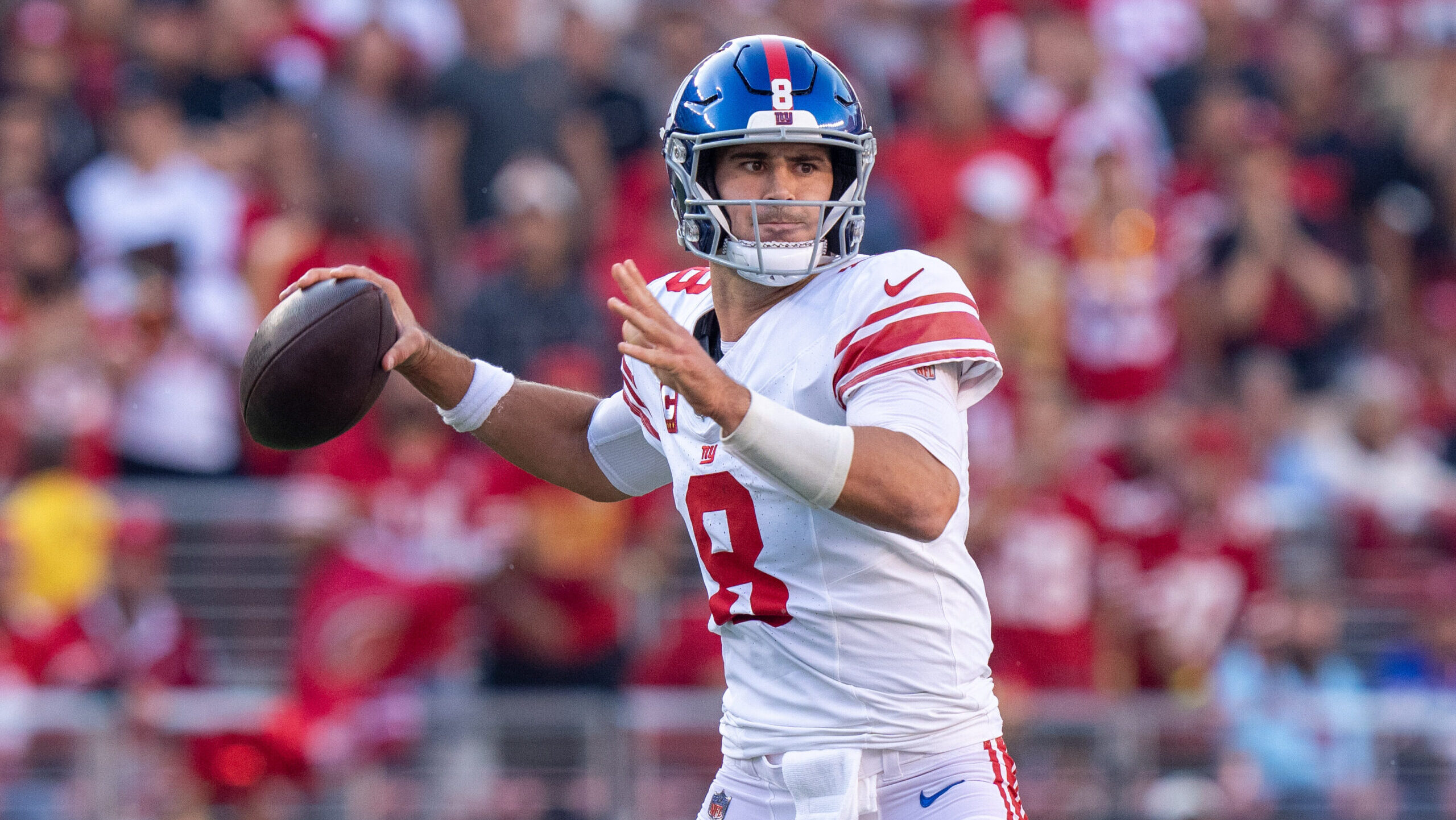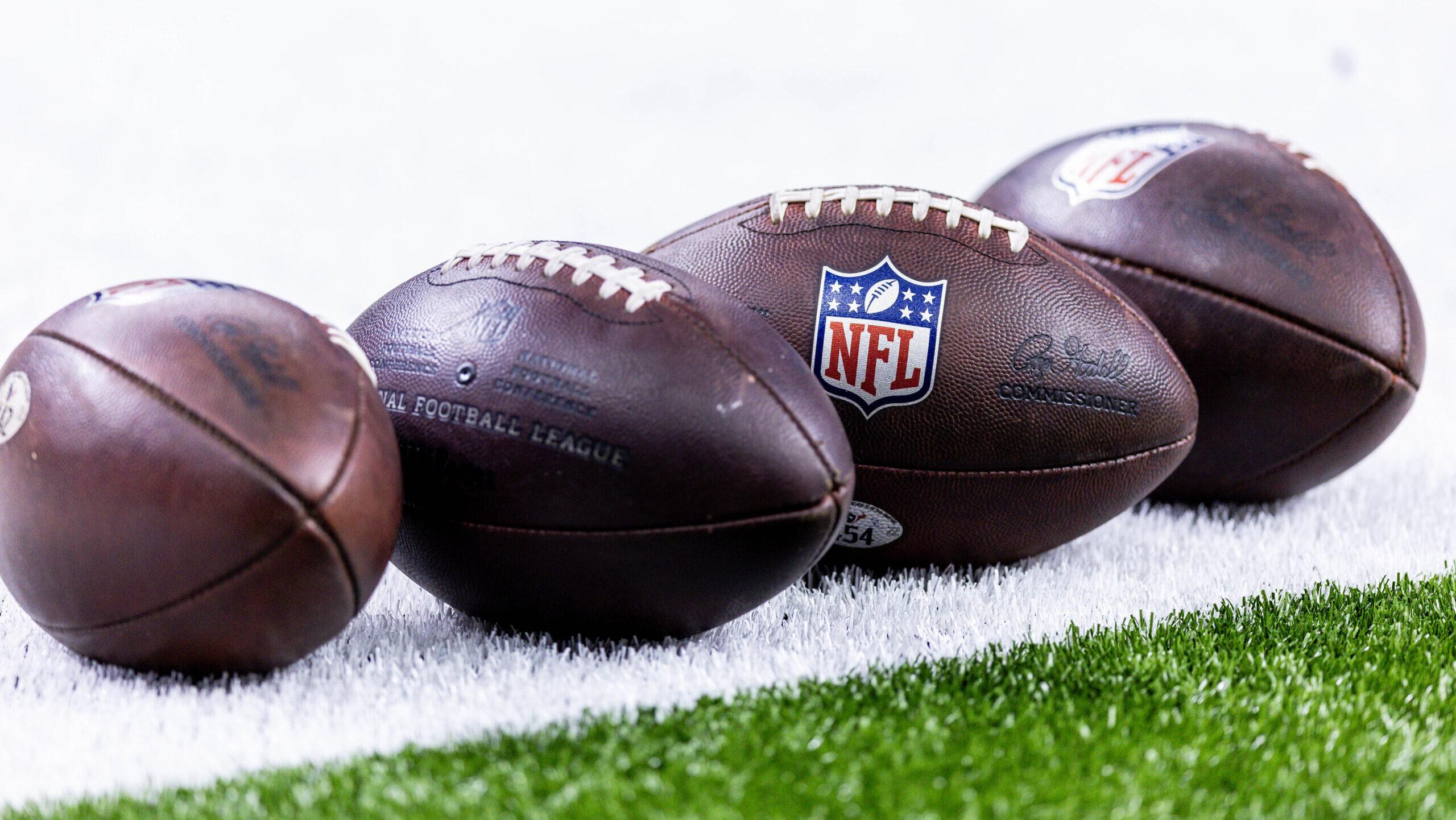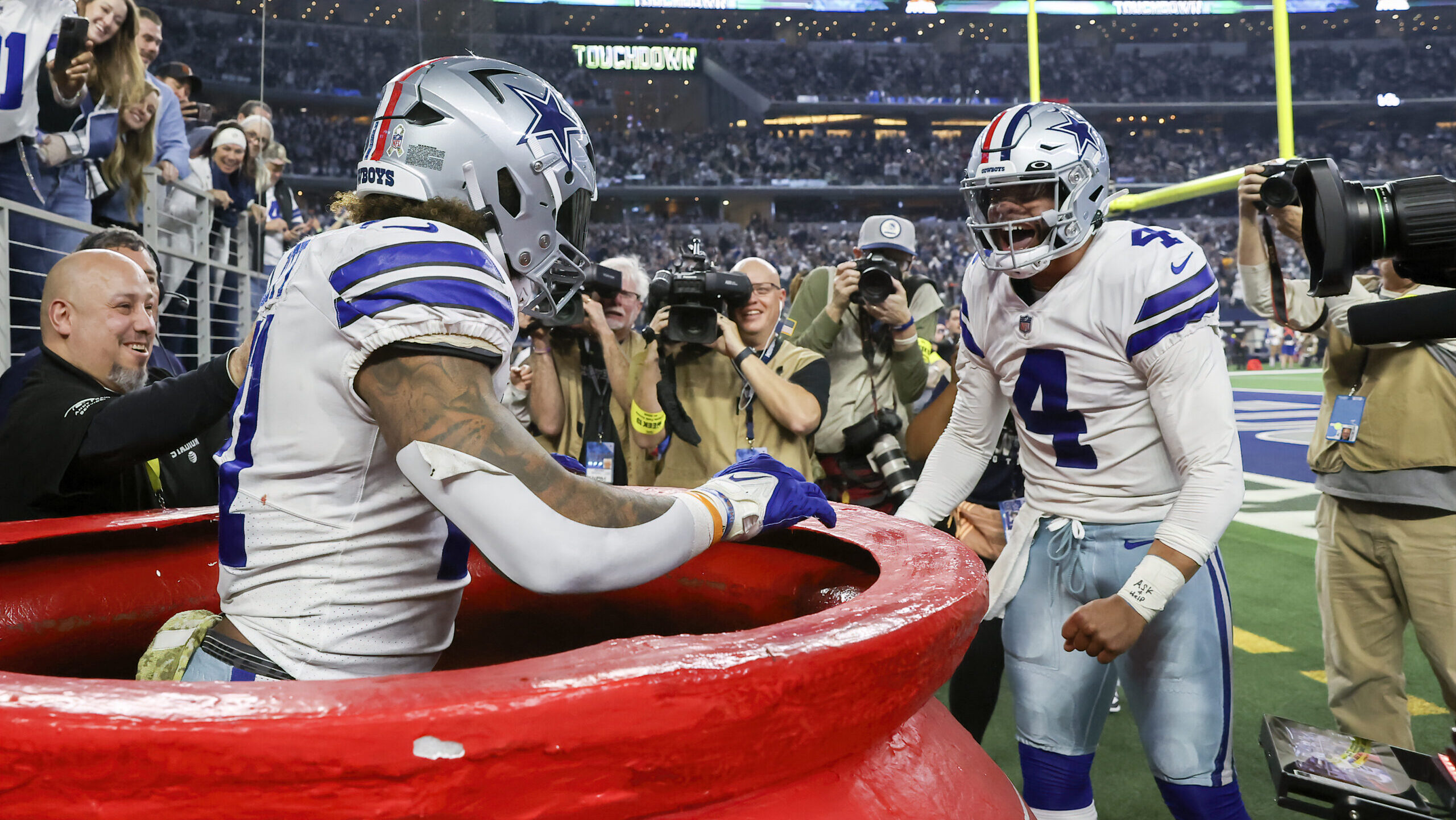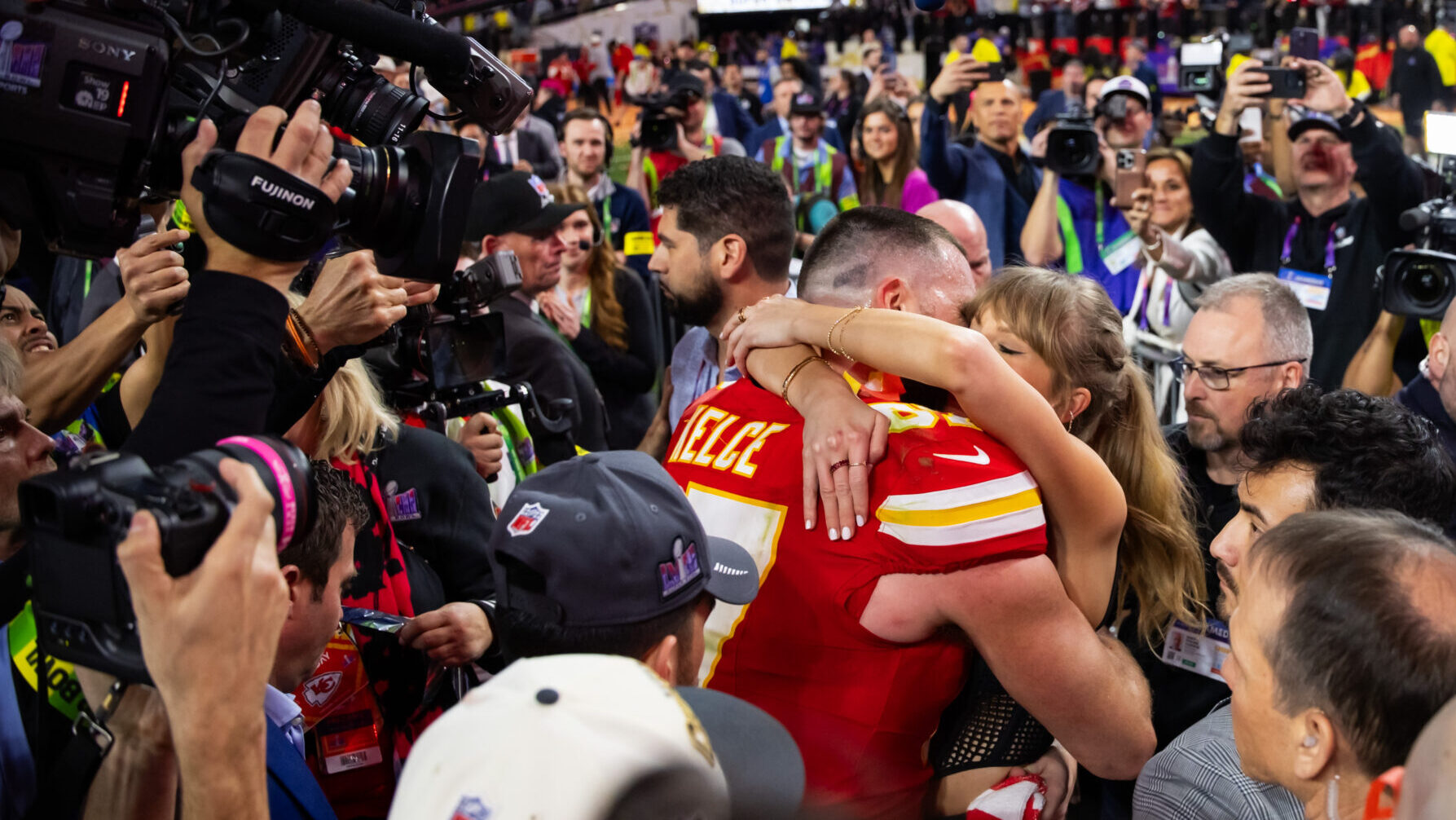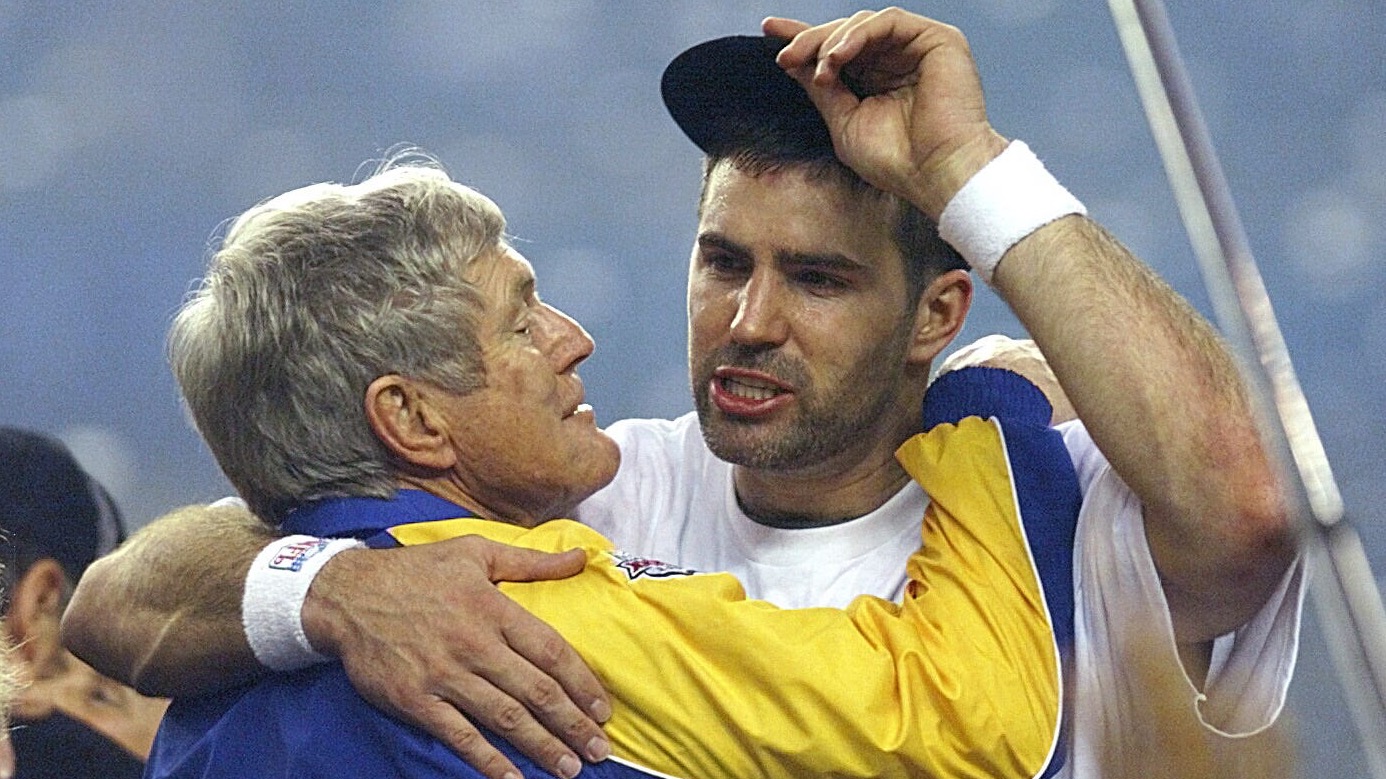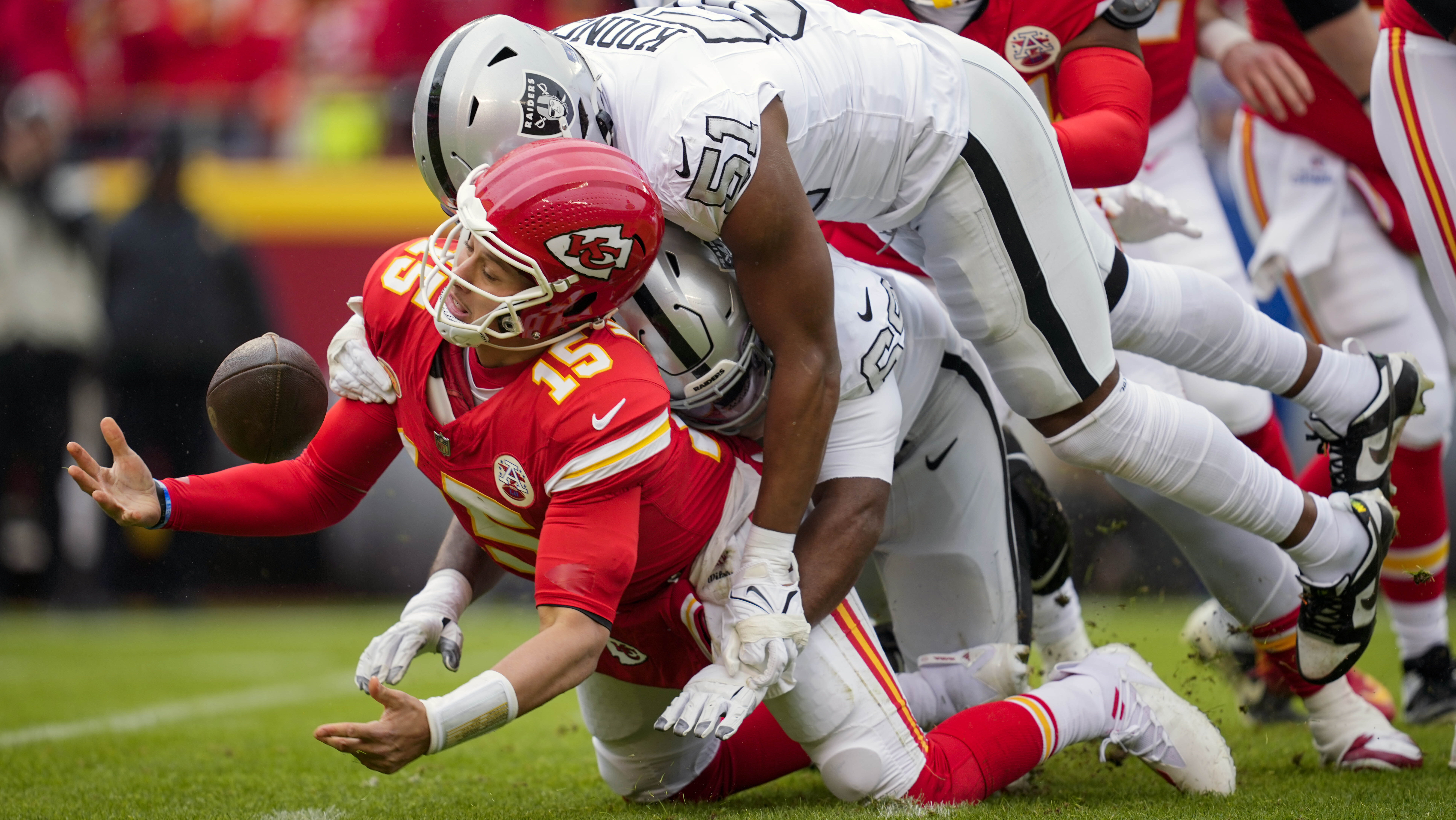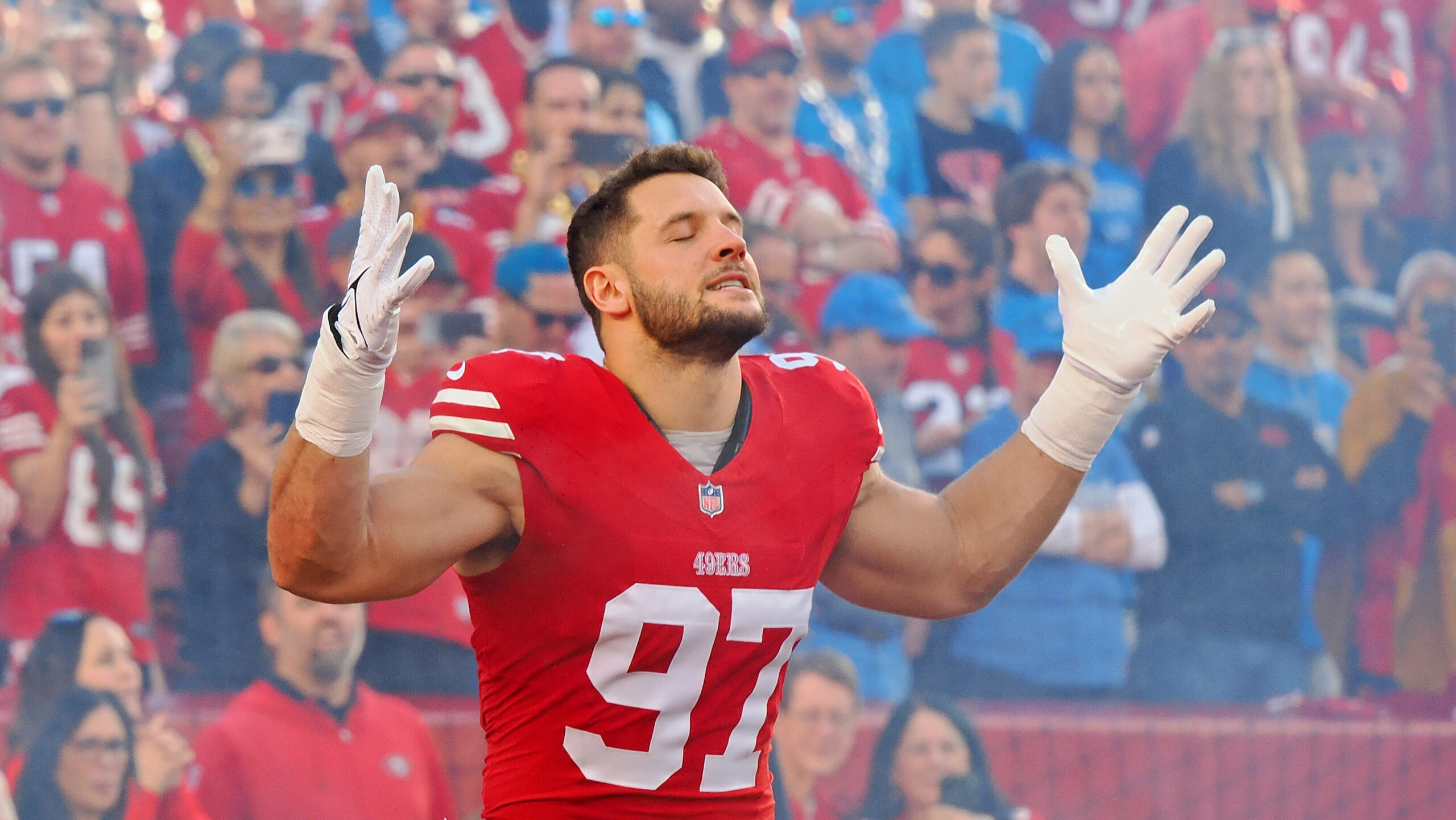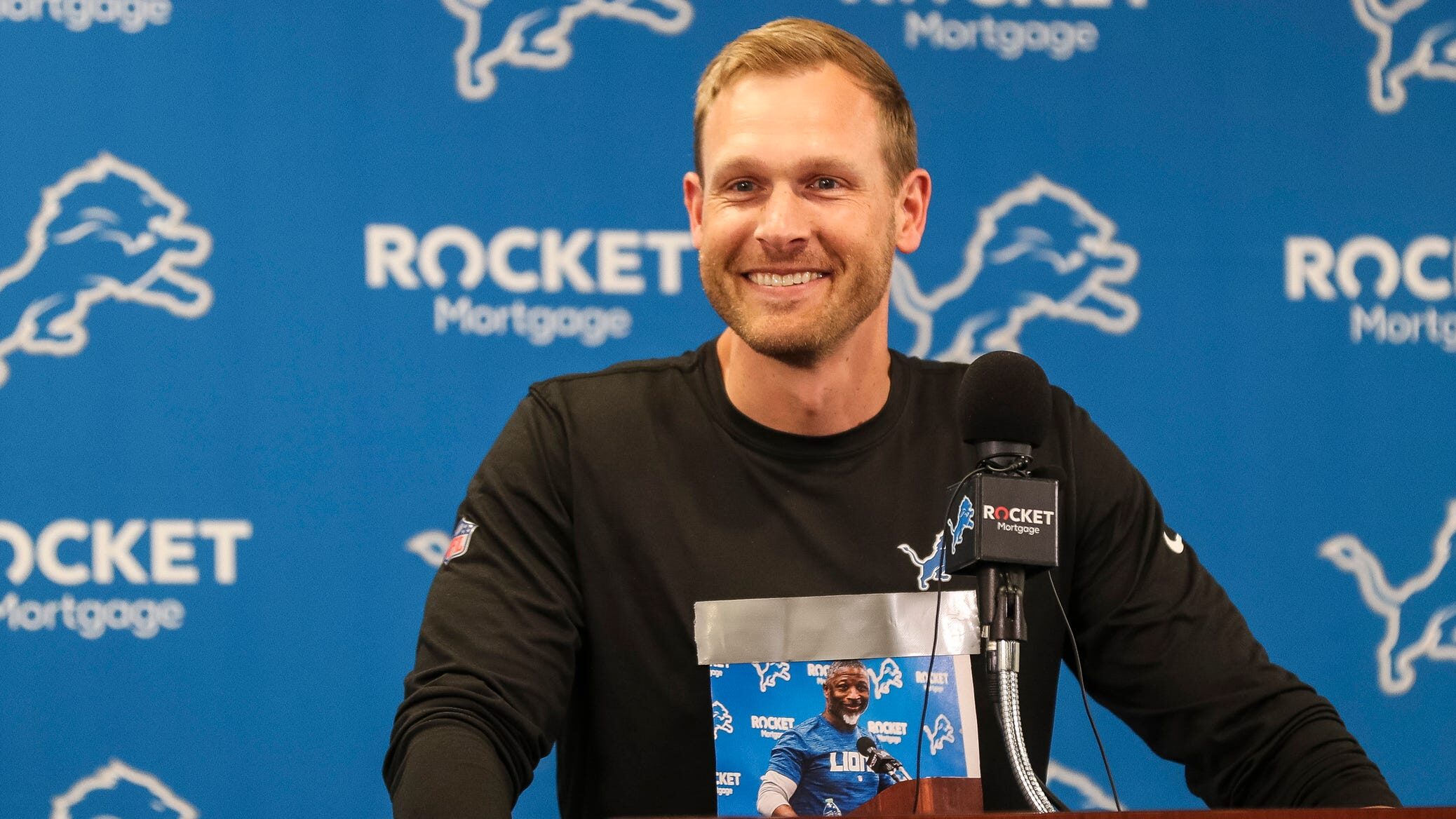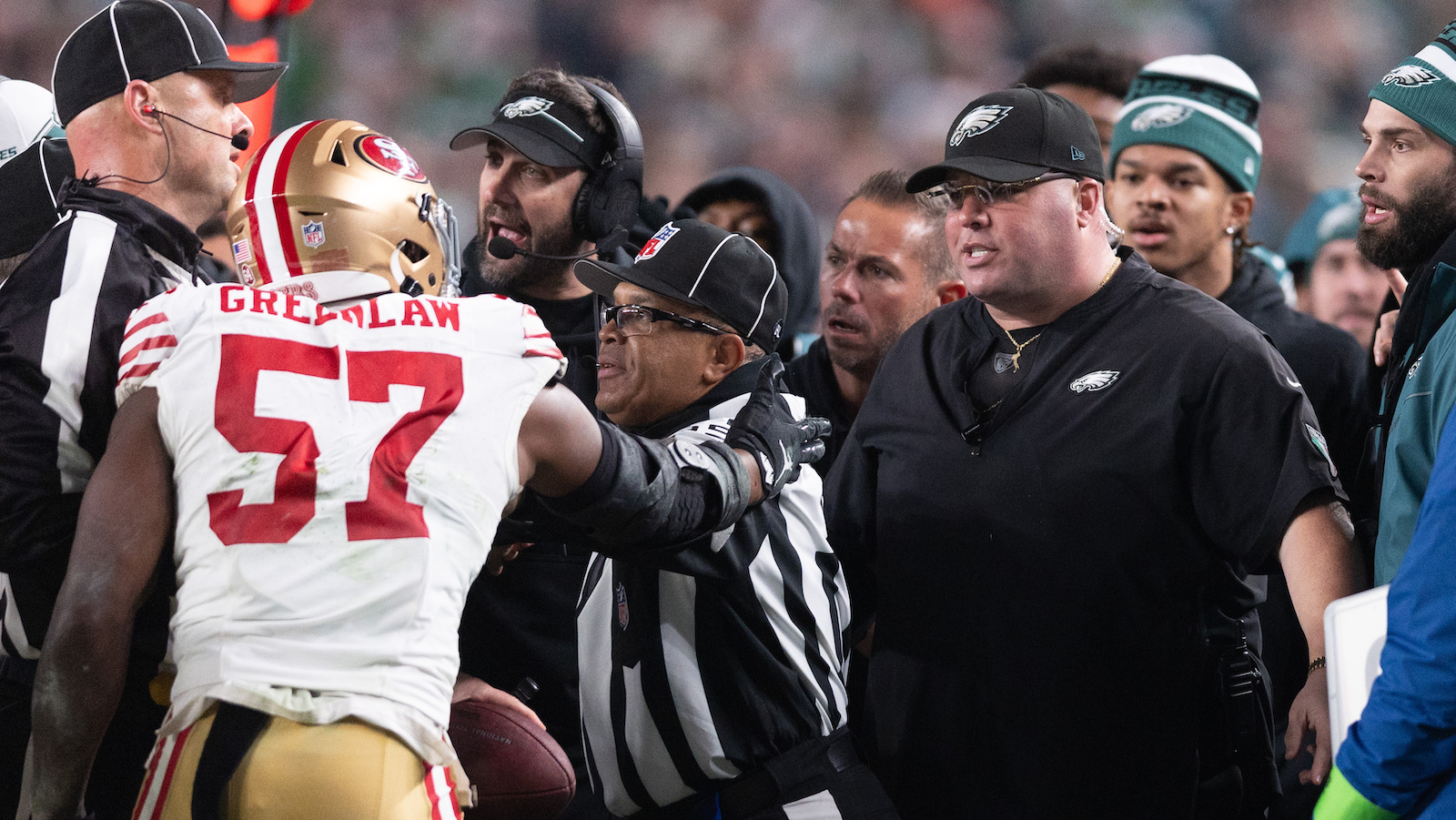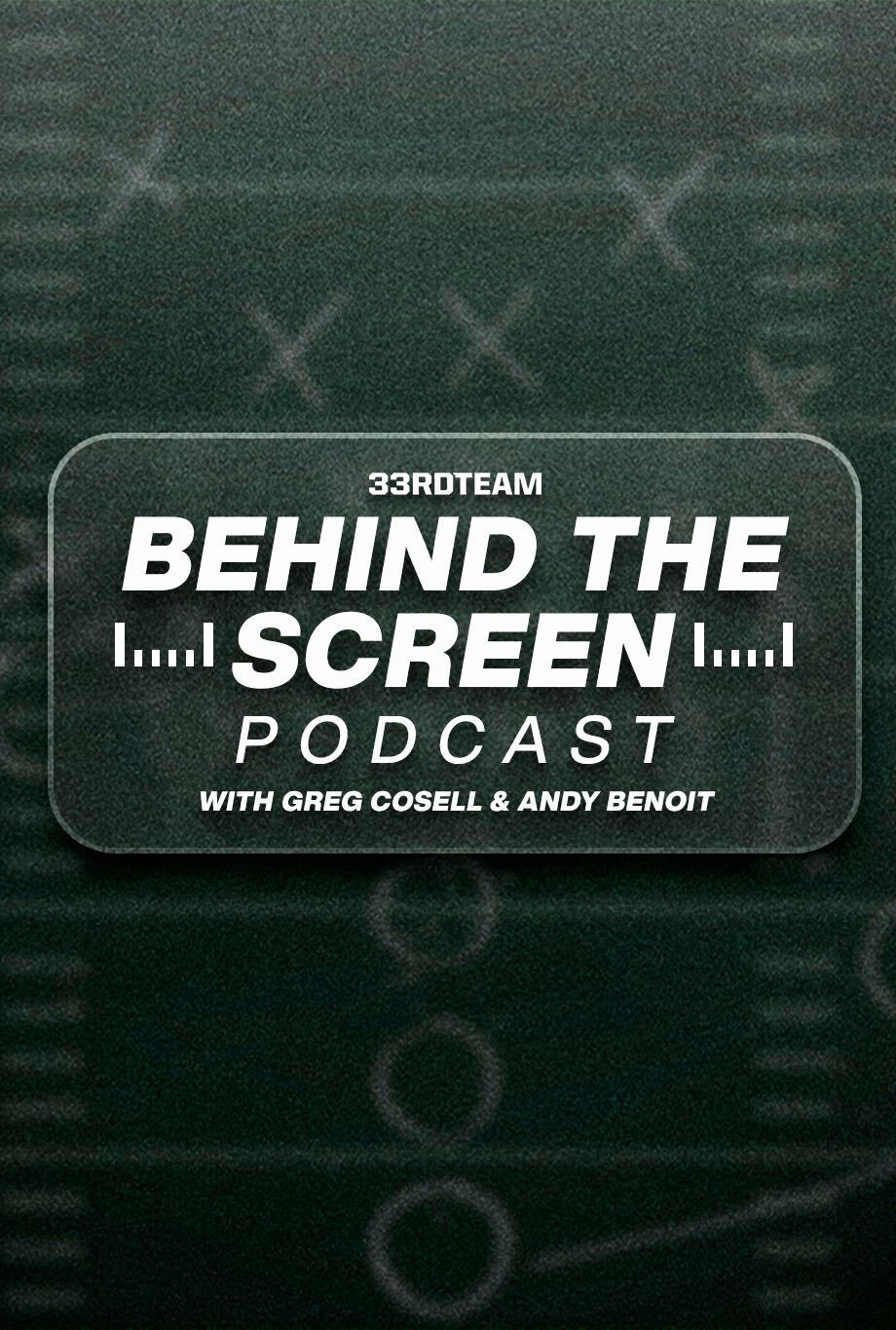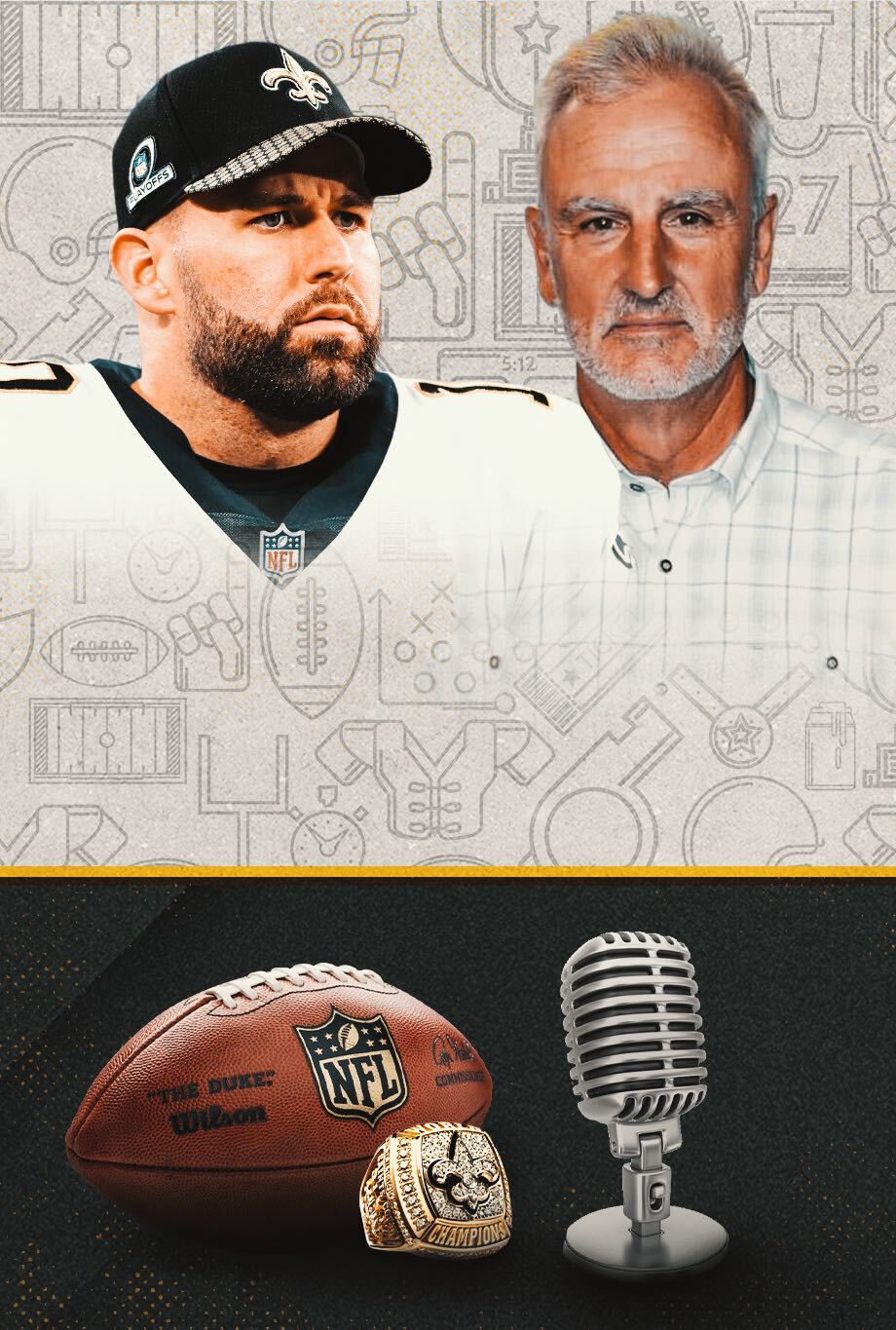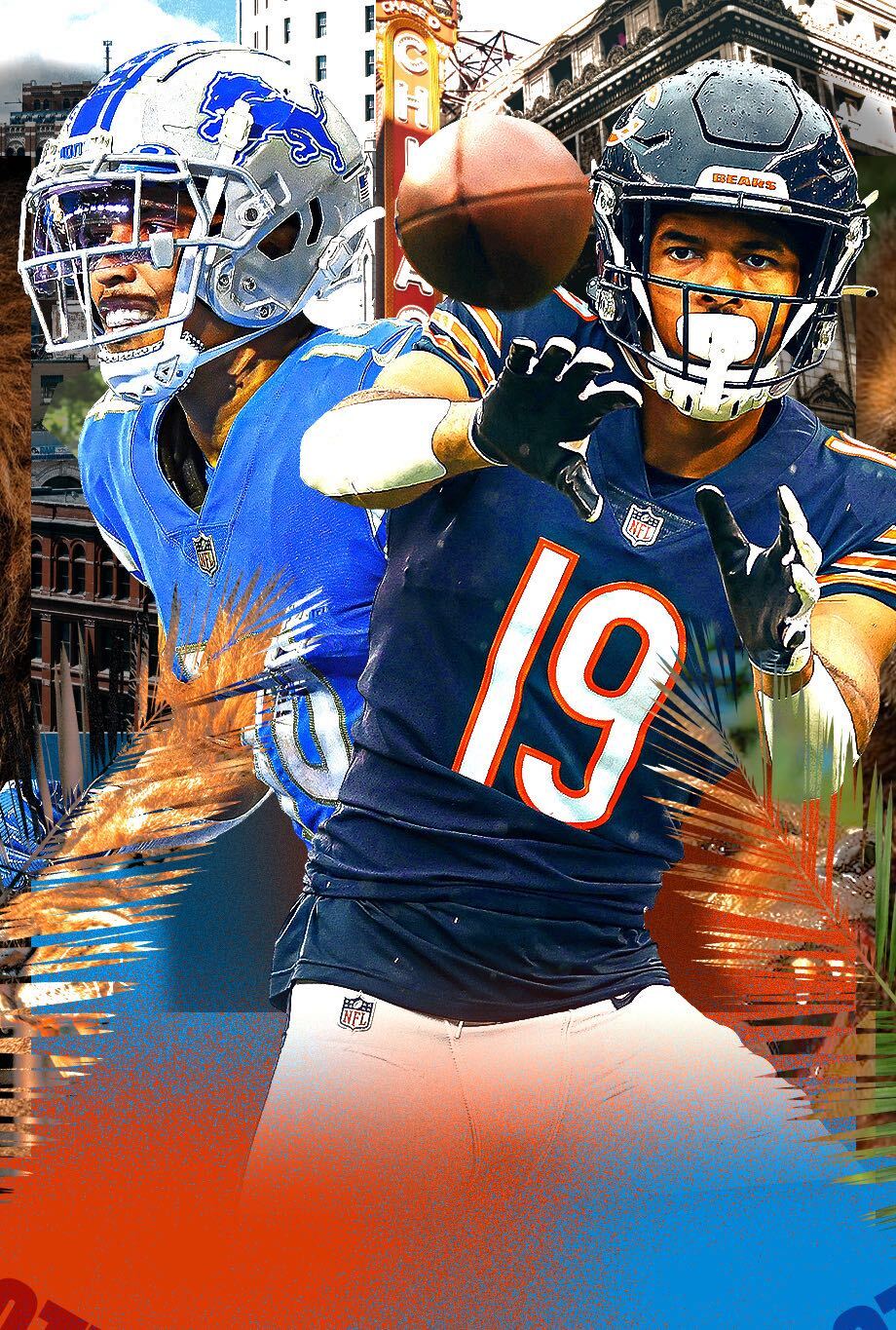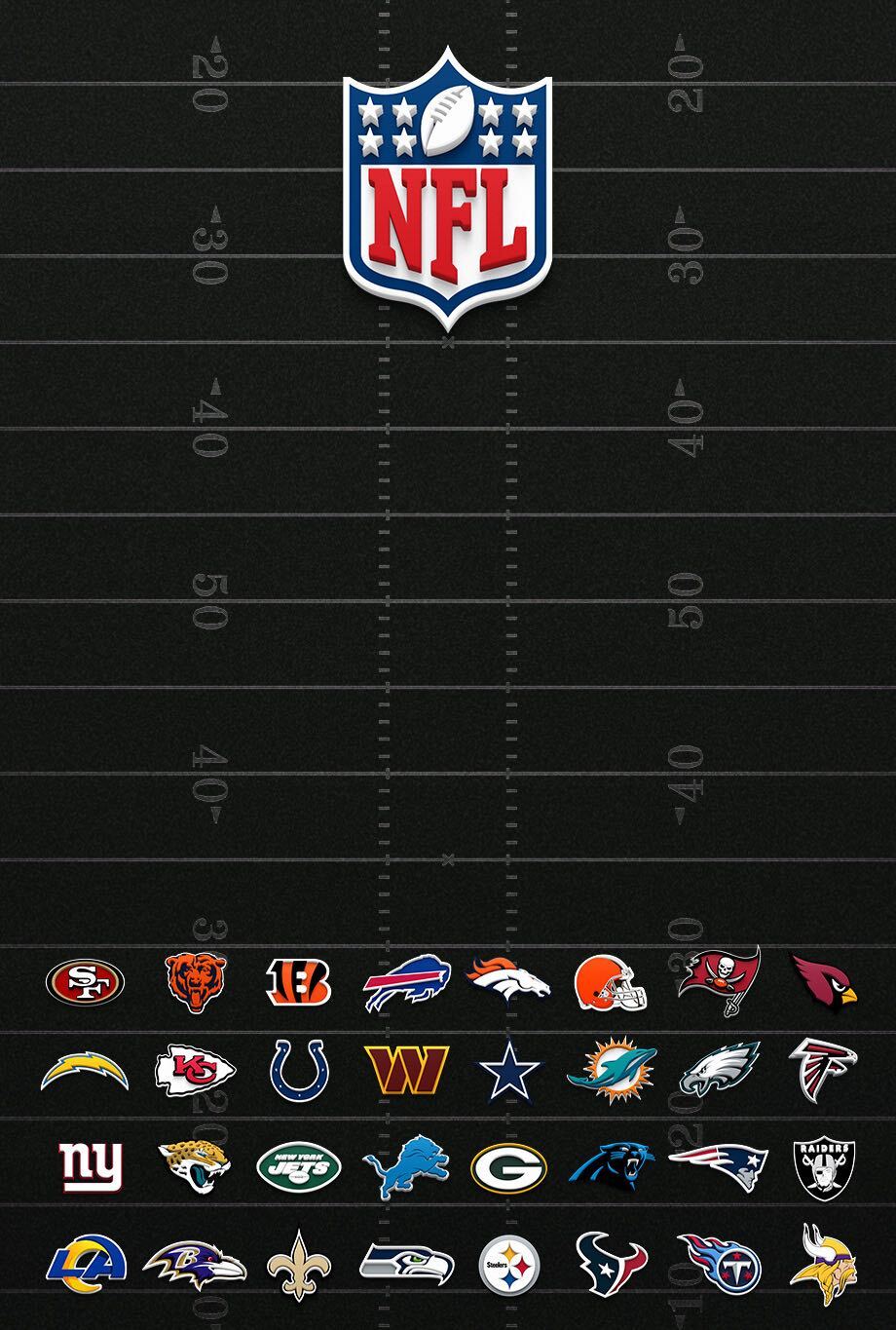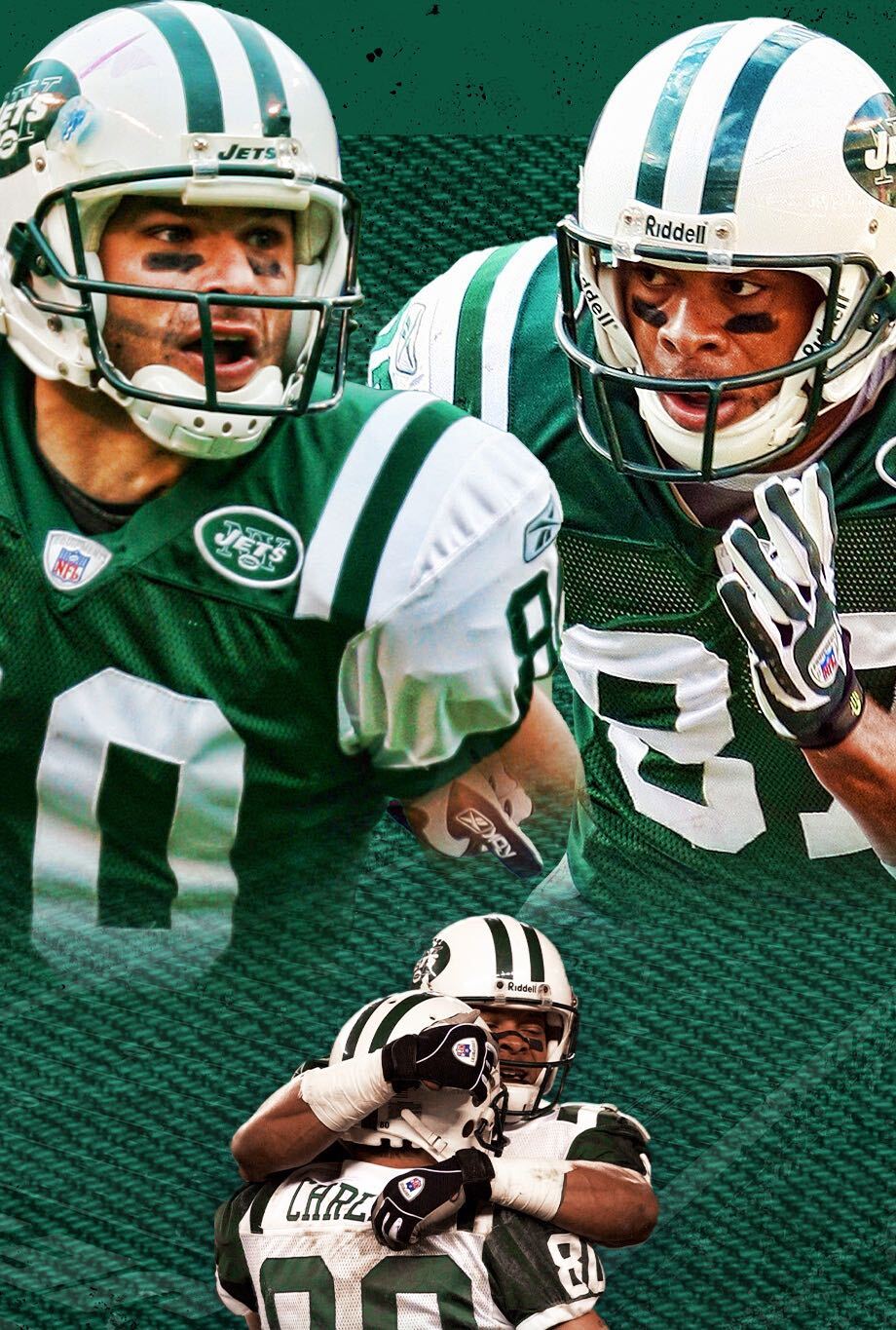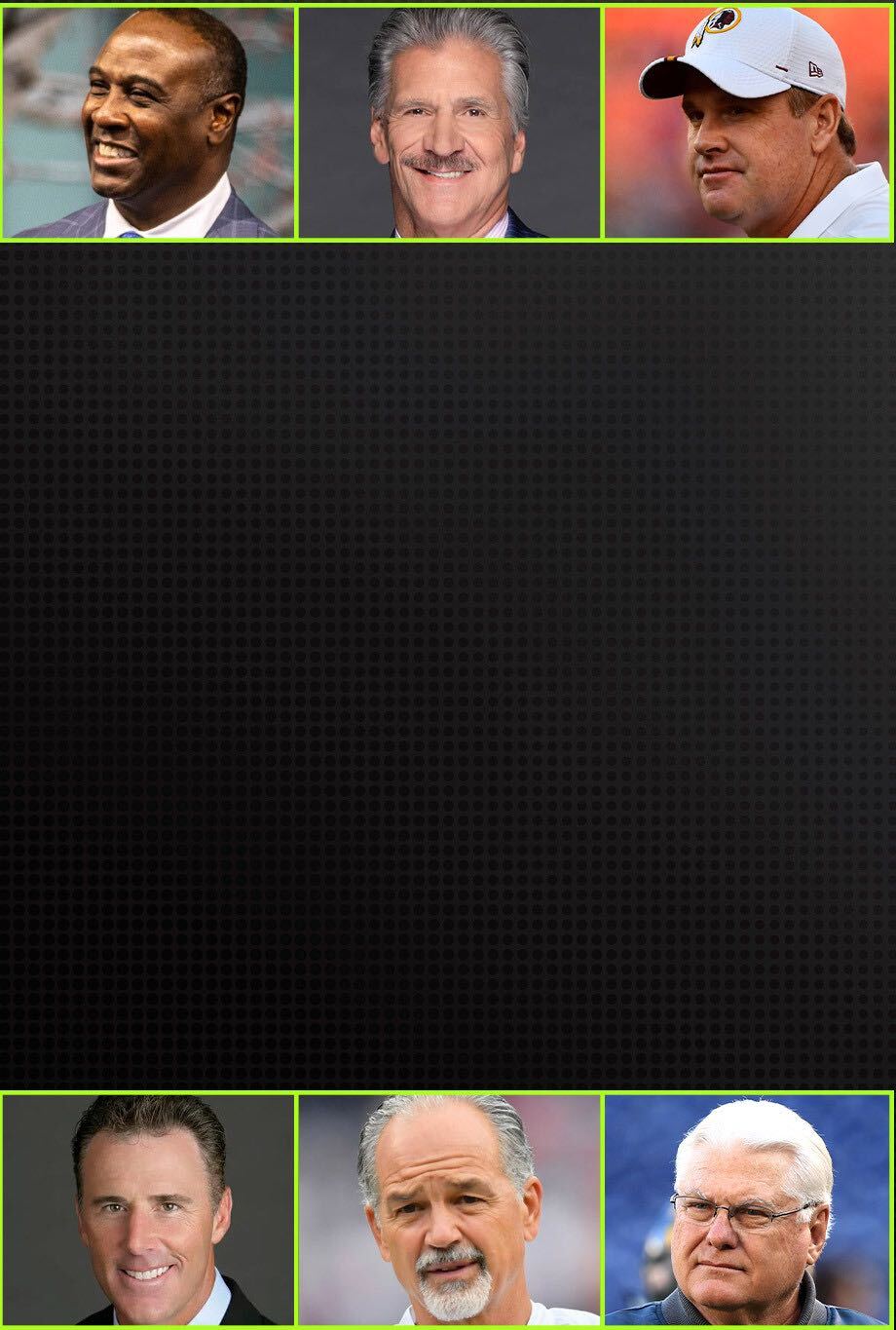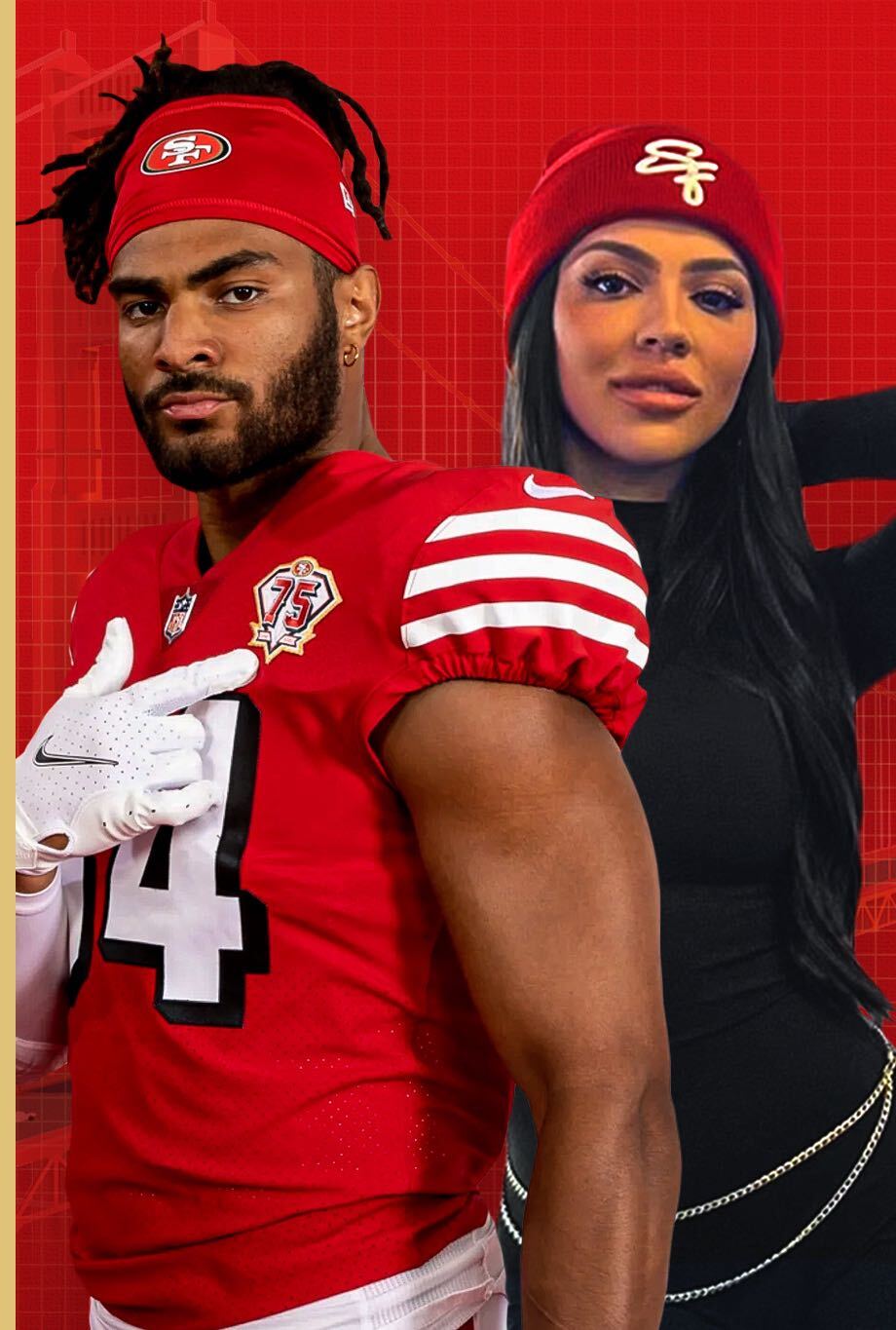San Francisco 49ers Are Perfect For Sam Darnold To Rebuild Career
Analysis 6/6/23
As a former NFL coach and offensive coordinator, I understand the significance of the backup quarterback position.
Regarding the quarterback position, we often focus on the marquee names, the star players who receive hefty contracts and lead their teams to victory. However, if these star quarterbacks were to go down due to injury or other reasons, it would significantly impact their respective teams.
That is where the backup quarterback comes into play. The natural question during the offseason is, who is the backup? How good is he, and where did he come from?
Sam Darnold has always had potential, but the lack of support and the circumstances surrounding the No. 3 overall pick in the 2018 NFL Draft hindered his growth. A change of scenery and a fresh start with the San Francisco 49ers are what he needs to tap into his full potential.
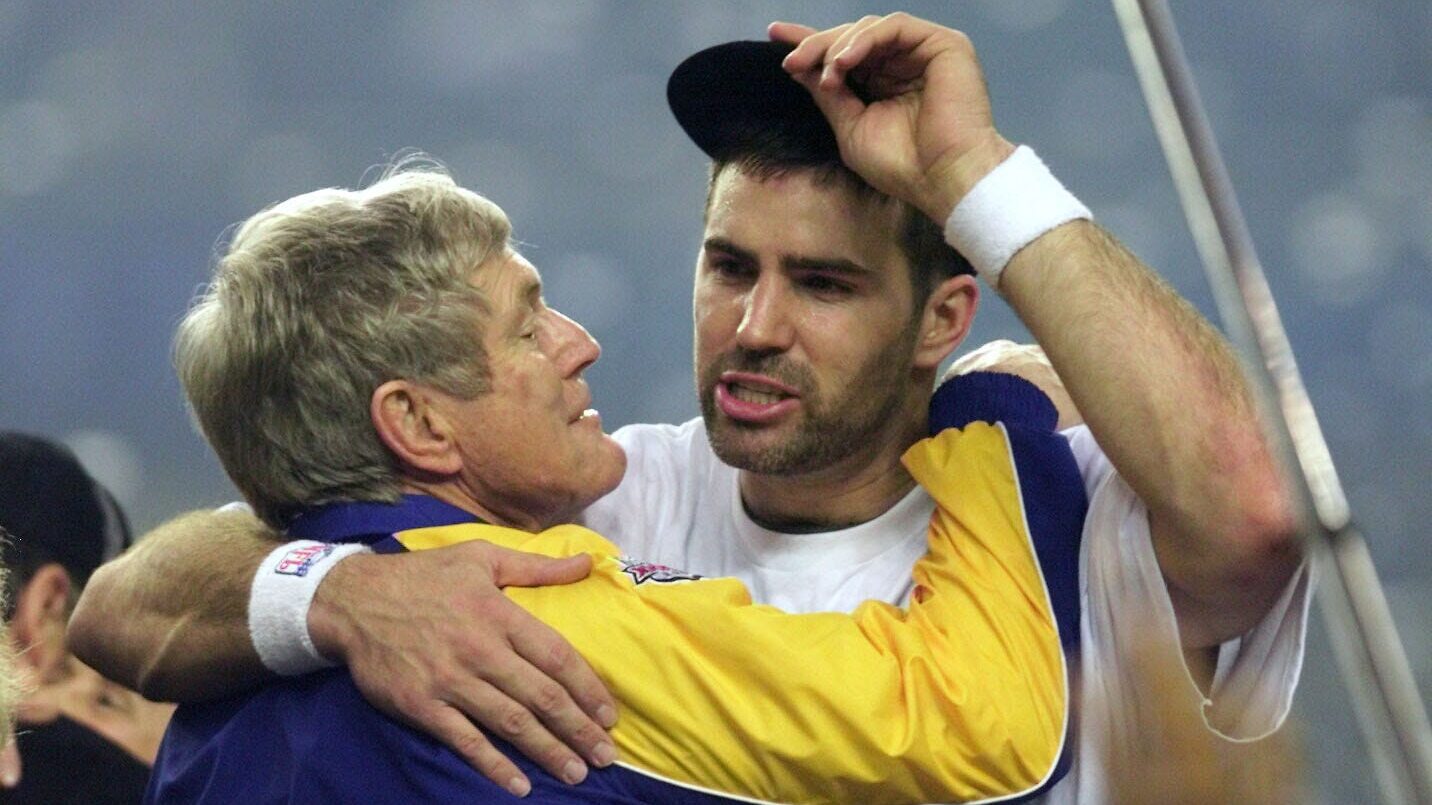
Process of Finding a Backup
There are various approaches to finding a backup. Some teams opt for an established veteran who has proven himself in the past. Earl Morrall of the 1972 Miami Dolphins, who finished with a perfect 17-0 record, is a prime example.
Morrall played nine games and helped his team reach Super Bowl VII. On the other hand, some teams believe in developing young quarterbacks within their system. We did this with Kurt Warner when I was with the St. Louis Rams.
There was a big push for us to sign Jeff Hostetler (two-time Super Bowl Champion, 1994 Pro Bowler) that year. But I felt good about Warner’s chances of becoming a solid NFL quarterback. Warner just kept showing up in practice doing these unusual things, and he gained my trust.
We decided to keep Warner as the No. 2 quarterback. Then came the infamous preseason game in 1999 against the Chargers when our starter, Trent Green, got hurt. He had thrown two incomplete passes in three games in the preseason. He was on fire. Green was everything we hoped for.
On Warner’s first snap, I wanted to get him a big play. I knew the Chargers would play quarters coverage, so I called a hard play-action concept to throw a deep ball over the top, something he had done many times in practice.
Warner was supposed to set at 9 yards. Instead, he set up at about 15 yards, slipped, fell and threw a helicopter pass into the air. Not very impressive, right?
The easiest thing to do would’ve been to bring in a guy like Hostetler. But I felt like Warner would be just fine, despite the mistakes. You have to have that relationship with your quarterback, wherever it is.
Veteran vs. Young Player
Choosing between a veteran and a young player involves weighing different factors. With a young player, you can mold him to fit your system precisely as you teach it, avoiding conflicting interpretations.
Veterans might have their way of doing things, which can lead to miscommunication. Despite the various approaches, these two — developing a young player and acquiring an experienced starter — are the healthiest options.
The league also sees a smattering of other approaches, sometimes influenced by salary caps, team personnel preferences or past relationships between coaches and players. Sometimes, the reasons for signing backup quarterbacks can be unconventional.
This assortment of approaches makes it hit or miss when backups play.
Many teams in the league understand the precariousness of needing a reliable backup for their star quarterback. Losing someone like Justin Herbert for an extended period could be devastating to a team's ability to win.
The consensus is a backup should be capable of winning and playing well for at least two to three games without being expected to carry the team for an entire season.
Finding an older veteran with the skills to perform at a high level can be challenging because they likely will start elsewhere if they can still play. That is why we decided to trust our young player — because we believed Warner had the potential to develop into a solid quarterback.
Similarly, a quarterback like Jordan Love with the Green Bay Packers had years of experience as a backup, which prepared him to step up when needed. Love spent three years as Aaron Rodgers’ backup, so he should be able to play at a high level when he starts this season.
>> READ: What Are Realistic Expectations for Love?
The importance of the player-coach relationship is also vital to success. The example I shared with Warner underscores this point. He initially faced skepticism when he joined the Rams, but he proved himself through consistent practice and gained our trust.
Trust between a coach and a player is essential. It allows for forgiveness and growth, even when mistakes occur. Unfortunately, backup quarterbacks are often treated as disposable pieces, moving from team to team without receiving the necessary support for development.
A player's mindset is crucial as well. Confidence can make a significant difference in a quarterback's performance.
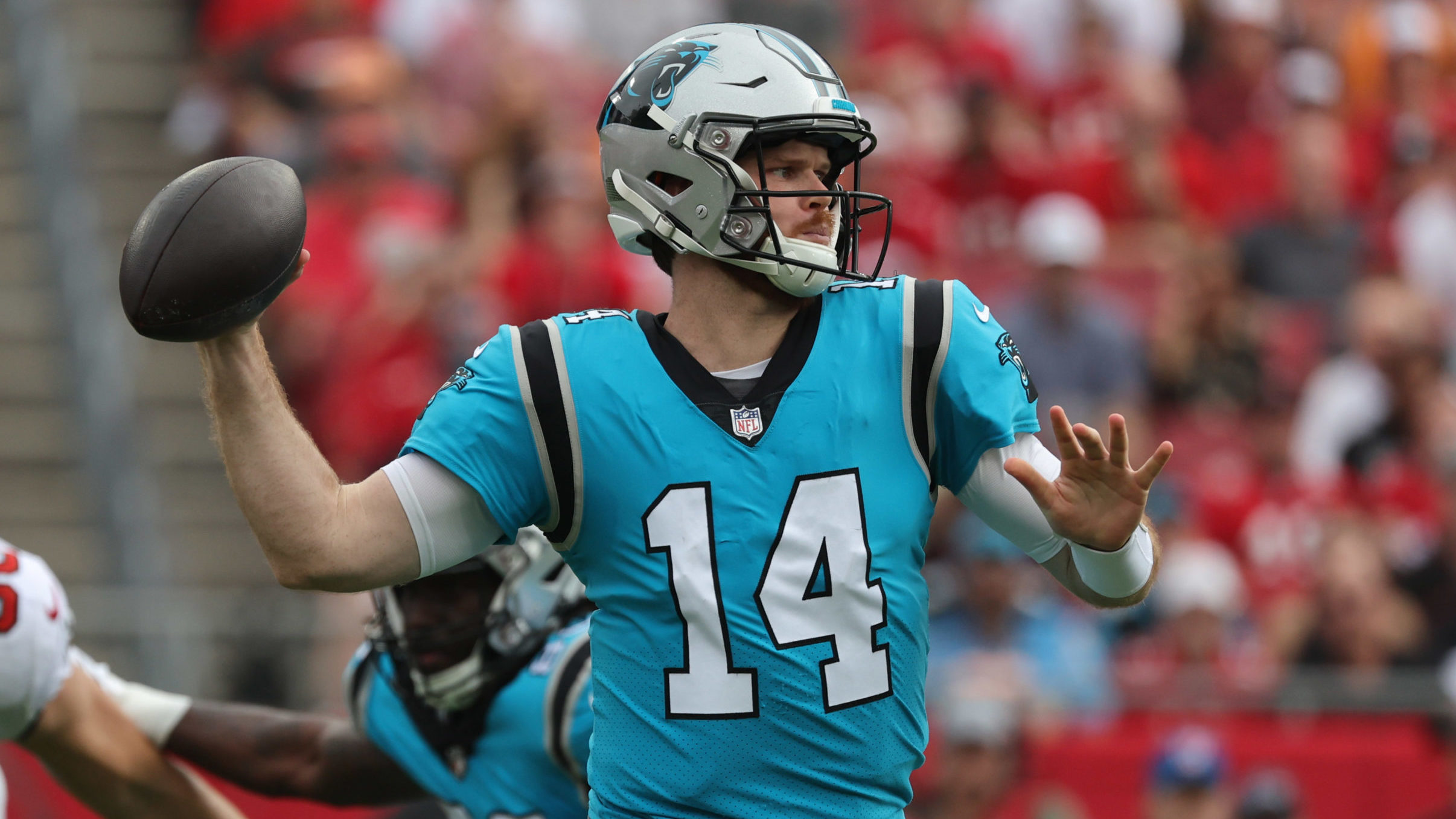 Trust Will Benefit Darnold
Trust Will Benefit Darnold
For instance, the most significant thing for a guy like Darnold is going somewhere he can develop. When Steve Young was with Tampa Bay, he was the lowest-rated passer in the league. Then, he went to San Francisco and became a Hall of Fame player.
The future of any quarterback in the league depends on who he comes in with and whether they believe in him enough to help them grow. Those situations aren't around a whole lot.
San Francisco does the best job with quarterbacks in the NFL. They’re specific, good teachers and patient. Darnold couldn’t have gone to a better spot.
Darnold’s last two spots (New York Jets and Carolina Panthers) were bad teams, so he was just trying to survive. They didn’t develop him. They put everything on his shoulders, and he wasn’t ready for it.
That happens constantly, so Darnold to the 49ers is a terrific move. I'm eager to see how it plays out and it's healthy for that organization.
>> READ: Why 49ers Should Start Darnold This Season
Parting Thoughts
The backup quarterback is often overlooked until the star quarterback cannot play. The approach to acquiring a backup varies across teams, with some opting for veterans and others focusing on developing young players.
Trust, communication and a supportive environment are vital to a quarterback's growth and success. Investing in the development of backup quarterbacks is crucial. It ensures teams have a capable, reliable option if the need arises.
Mike Martz is a former NFL head coach and offensive coordinator, most notably for the St. Louis Rams. He was the OC for the Rams’ "Greatest Show on Turf" offense in 1999 when they won Super Bowl XXXIV. As head coach, he led the Rams to two division titles and an appearance in Super Bowl XXXVI.

